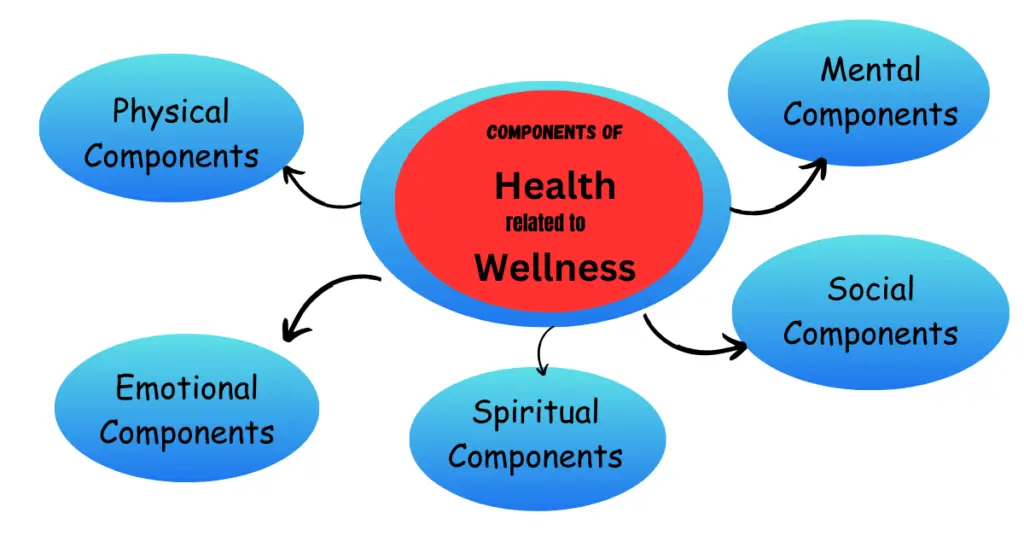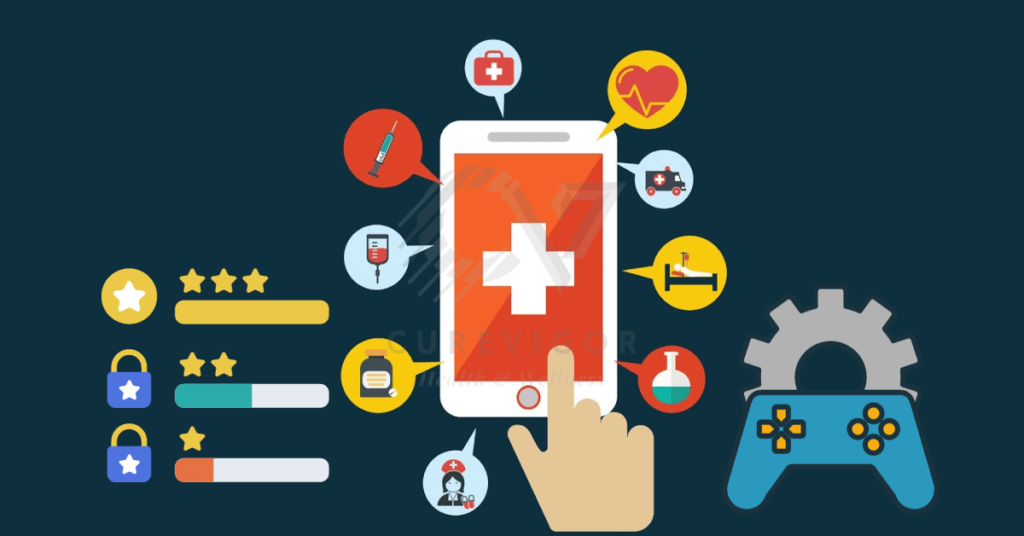Unlock the potential of Health Information Exchanges (HIEs) in modern healthcare. Discover the crucial role HIEs play in seamlessly sharing electronic health information across diverse organizations, breaking down silos, and enhancing care coordination.
Contents
What are HIEs?
HIEs are secure platforms that facilitate the electronic exchange of patient health data across different healthcare settings. The records include medical records, lab results, medication lists, and immunization records. By breaking down these data silos, HIEs enable:
- Improved coordination of care: Providers gain a more holistic view of a patient’s medical history, resulting in more accurate diagnoses and treatment plans.
- Enhanced patient safety: HIEs help prevent medication errors, duplicate tests, and adverse reactions by alerting providers to potential conflicts or allergies.
- Streamlined administrative processes: Patients can access their records easily, reducing paperwork and administrative burdens for healthcare providers.
- Public health insights: Health Information Exchange (HIE) can collect and combine health data from different sources to improve disease prevention and management.
Benefits of HIEs for different stakeholders
- Patients: improved access to their health information, empowering them to participate in their care decisions.
- Providers: better patient care, reduced errors, and enhanced workflow efficiency.
- Payers: more accurate claims processing, reduced healthcare costs, and improved population health.
- Public health agencies: enhanced disease surveillance and outbreak response
Enhanced Care Coordination
Health Information Exchanges (HIEs) work actively to eliminate information silos within the healthcare ecosystem. Effective coordination among healthcare providers is crucial for optimal patient care. It ensures that all patient care team members, such as physicians, specialists, and nurses, can access the latest and most relevant medical information seamlessly.
Improved Patient Outcomes
HIEs significantly contribute to more accurate diagnoses and treatment plans through timely access to comprehensive patient data. Improving patient health outcomes is the direct result of this process. Accessing a patient’s medical history in real-time allows healthcare professionals to make well-informed decisions about their care.
Cost Savings
One of the notable advantages of HIEs is their ability to reduce redundancies in testing and treatment. By offering a consolidated and centralized view of a patient’s medical history, HIEs streamline healthcare processes. By implementing this approach, we can save valuable time and significantly improve cost efficiency within the broader healthcare system. Create a healthcare system that helps everyone for a long time. Use easy words and short sentences to make sure everyone can understand it.
Security and privacy concerns
While the benefits of HIEs are evident, they introduce valid security and privacy concerns. Robust security measures, including advanced encryption and strict access controls, are essential for HIE design. These measures protect sensitive patient information from unauthorized access or breaches.
Challenges and Opportunities for Health Information Exchanges
- Data privacy and security: A padlock with a question mark representing the need for robust safeguards in HIEs.
- Standardization and interoperability: Puzzle pieces of different shapes and sizes trying to fit together, symbolizing the challenge of data compatibility between other HIE systems.
- Advancements in technology: A futuristic cityscape with connected healthcare devices, depicting the potential of technological advancements for HIEs.
- Adoption and expansion: A map showing HIE coverage growing across a country, illustrating the need for broader adoption to maximize its impact.
While HIEs offer tremendous potential, challenges remain. Robust safeguards and patient consent protocols are necessary to address data privacy and security concerns. Standardization of data formats and interoperability between different HIE systems are ongoing efforts.
The Future of HIEs
HIEs are poised to play an even more crucial role in healthcare as technology evolves. Integrating artificial intelligence and machine learning technologies is expected to enhance the data analytics capabilities of HIEs. Healthcare professionals and organizations can make better-informed decisions by providing actionable insights. Health Information Exchanges (HIEs) will significantly advance patient care and overall healthcare system efficiency in the future.
However, the future of HIEs is bright. Technology and data governance advancements pave the way for secure, seamless health information exchange. Adopting HIEs nationwide can revolutionize healthcare delivery, improving quality, safety, and cost-effective care.
Conclusion on Health Information Exchanges
HIEs are not merely technological solutions; they represent a fundamental shift in managing and utilizing healthcare data. Collaboration and information sharing can improve healthcare delivery for patients and professionals.
In modern healthcare, health information exchanges are essential for collaboration, improving patient outcomes, and contributing to an efficient and cost-effective healthcare system. Overcoming challenges related to security and interoperability is crucial to unlocking their full potential.
FAQs on Health Information Exchanges
Q. What is the role of the health information exchange?
Health Information Exchanges (HIEs) enable secure electronic health information sharing between healthcare entities. Their role is to break down information silos, ensure that crucial patient data is accessible to authorized personnel across the entire healthcare continuum, and promote better care coordination and informed decision-making.
Q. What role does health information play in healthcare?
Health information is the lifeblood of healthcare, guiding medical decisions and interventions. It provides a comprehensive view of a patient’s medical history, enabling healthcare professionals to make accurate diagnoses, devise effective treatment plans, and ultimately improve patient outcomes.
Q. What is the role of health information exchanges in improving population health?
Health Information Exchanges are crucial to improving population health by facilitating the aggregation and analysis of health data. Public health experts can use this to detect patterns, allocate resources effectively, and combat specific health issues in a population.
Q. How does implementing HIE initiatives improve the quality of healthcare?
Implementing HIE initiatives improves healthcare quality by promoting seamless information exchange among providers. Timely access to patient data improves decision-making, reduces redundancies, and enhances the quality of care for healthcare teams.
Q. What is the impact of information systems in healthcare?
Information systems in healthcare have a transformative impact, streamlining processes, enhancing communication, and improving the overall efficiency of healthcare delivery. Electronic Health Records (EHRs) and other information systems contribute to better patient care, reduced errors, and increased collaboration among healthcare providers.
Q. Why is health information so important?
Health information is crucial as it forms the foundation for informed medical decisions. It provides:
- A thorough, comprehensive understanding of a patient’s health history.
- Allowing healthcare professionals to deliver personalized and effective care.
- Leading to improved patient outcomes.
Q. How has health information transformed the healthcare industry?
Health information has transformed the healthcare industry by digitizing records, improving accessibility, and fostering data-driven decision-making. This transformation has led to increased efficiency, better coordination of care, and advancements in medical research and treatment modalities.
Q. What are the goals of health information exchange and interoperability?
Health information exchange and interoperability goals include seamless sharing of patient data among healthcare organizations, improved care coordination, reduced healthcare costs, enhanced patient outcomes, and the establishment of a connected healthcare ecosystem that prioritizes efficiency and data security.
Q. What is the role of health information exchange in patient care at an organizational level?
At an organizational level, health information exchanges are vital in improving patient care by providing a centralized platform for accessing and sharing patient information. Collaboration among healthcare professionals ensures coordinated and patient-centered care.
Read more articles on Health and Wellness
You might like to read:
Mental Health Tattoos: Exploring Symbols of Strength, Healing, and Overcoming Struggles
Digital Health: Revolutionizing Healthcare in the 21st Century
Feel free to leave a comment in the comment box and share it with your friends.



https://www.heritagefamilypantry.com/1M5RO5x3sCk
Good Morning,
I hope you’re doing well. I wanted to let you know about our new BANGE backpacks and sling bags that just released.
Bange is perfect for students, professionals and travelers. The backpacks and sling bags feature a built-in USB charging port, making it easy to charge your devices on the go. Also they are waterproof and anti-theft design, making it ideal for carrying your valuables.
Both bags are made of durable and high-quality materials, and are perfect for everyday use or travel.
Order yours now at 50% OFF with FREE Shipping: http://bangeshop.com
All the best,
Lewis
Профессиональный сервисный центр по ремонту бытовой техники с выездом на дом.
Мы предлагаем: ремонт бытовой техники в москве
Наши мастера оперативно устранят неисправности вашего устройства в сервисе или с выездом на дом!
Профессиональный сервисный центр по ремонту компьютероной техники в Москве.
Мы предлагаем: стоимость ремонта телефона
Наши мастера оперативно устранят неисправности вашего устройства в сервисе или с выездом на дом!